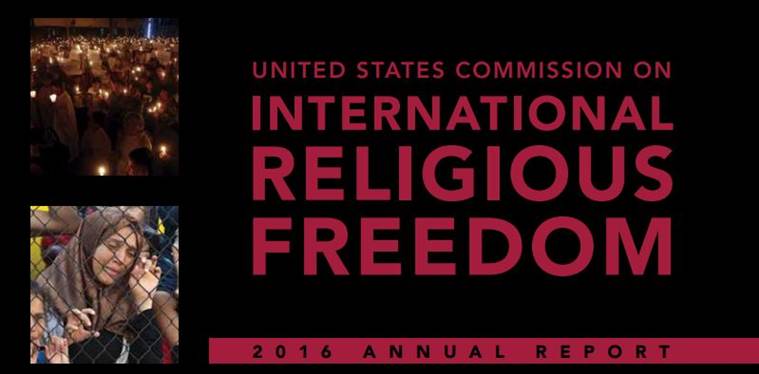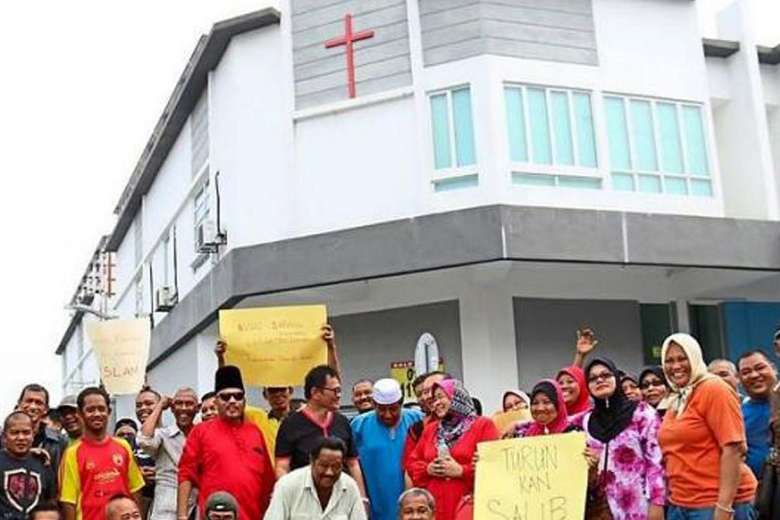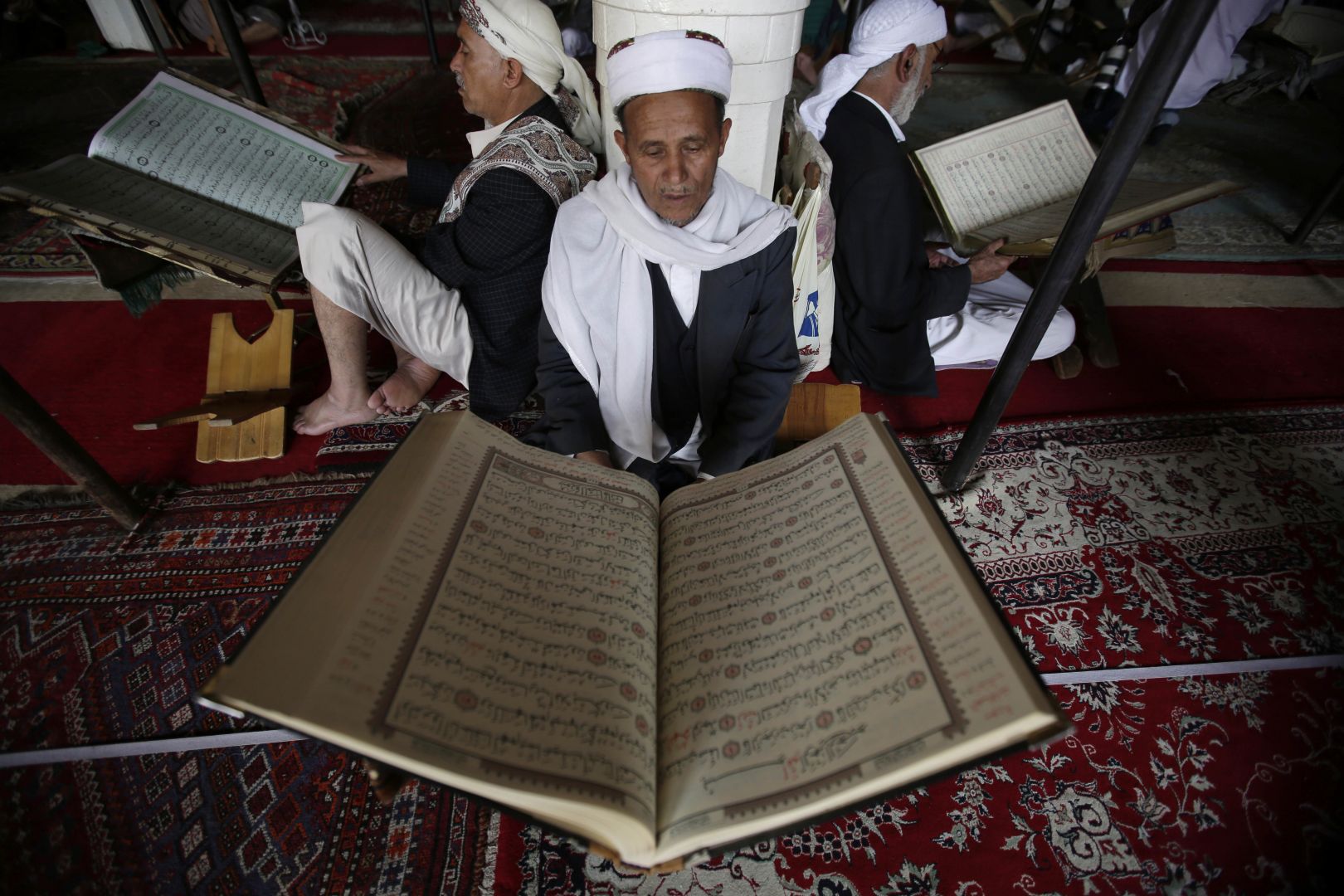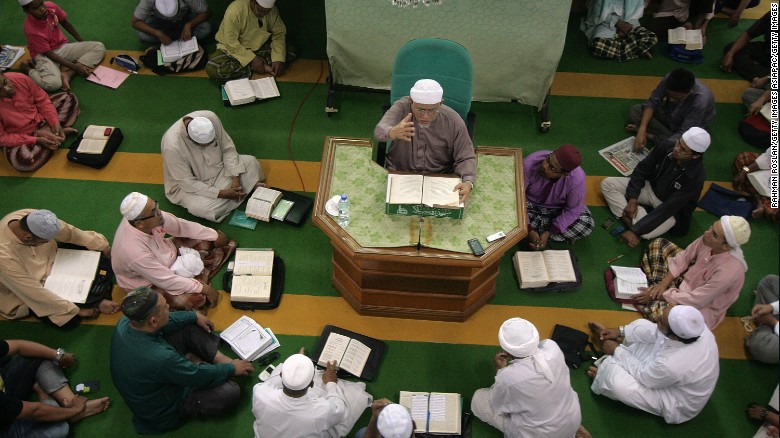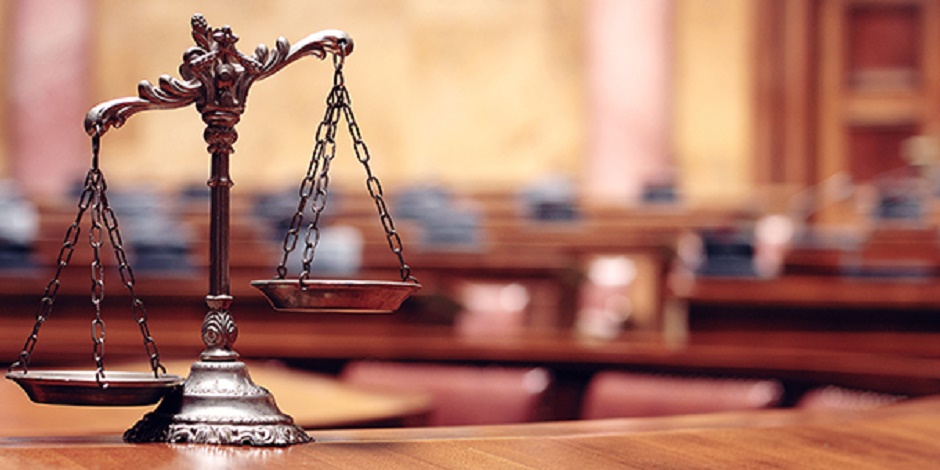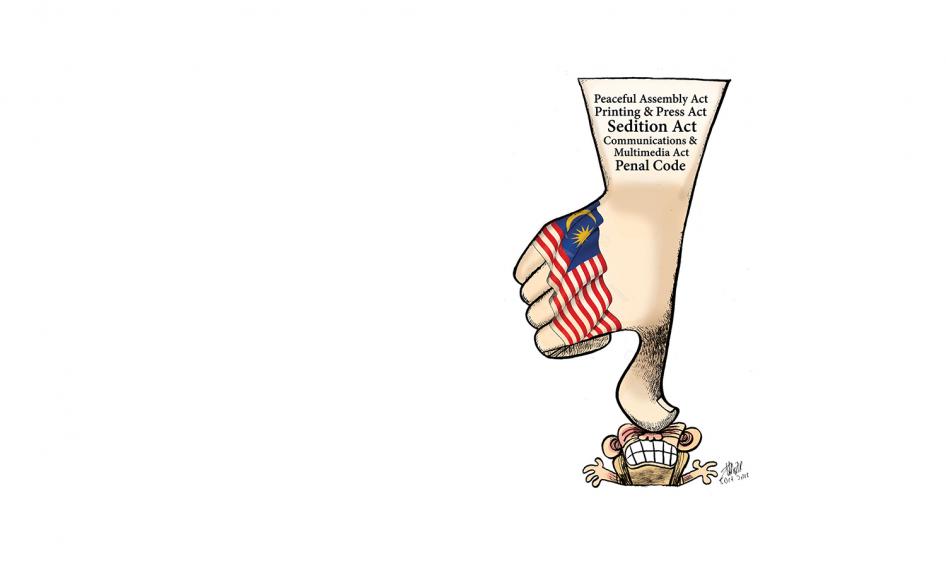US Releases Report On How Malaysia's Religious Freedom Has Been Compromised
"Although Malaysia is officially secular, the state implements and increasingly exclusive brand of Islam..."
"In 2015, many in the Malaysian government, political
parties, and religious leadership prioritised the
Muslim faith and Malay identity in a manner that
threatens religious freedom."
The United States federal government recently released its United States Commission on International Religious Freedom (USCIRF) report for the year 2016 and the detailed report begins with the excerpt above.
USCIRF is an independent, bipartisan U.S. federal government commission that strives to defend the universal right to religious freedom. They make policy recommendations and suggestions to improve and promote religious freedom in countries around the world by reviewing facts and circumstances of religious freedom in the respective countries.
The annual report is divided into countries around the world and their practices on religious freedom. While the report credits Malaysia for legally allowing the free practice of other faiths, it also speaks a great deal about how the government's importance on Islam and Malay dignity may pose a threat to religious freedom in the country.
To help you better understand the report, we have listed down 6 key findings on the state of religious freedom in Malaysia based on the USCIRF report:
1. "Ethnic and religious identity is central to Malaysian politics, contributing to an entrenched system of government that advantages the ruling party and the Sunni Muslim Malay majority at the expense of ethnic and religious minorities."
The report explains how while how the Malaysian constitution states that the country is secular, the governing bodies continue to implement an "exclusive brand of Islam", basing it on the fact that it is the official religion of Malaysia.
It says that Prime Minister Najib Razak and the ruling party have been suppressing individuals that criticise or express dissent over these matters by accusing them of attacking Islam to get rid of political threats and be seen as defending Islam.
2. "Harassment of or attacks on non-Muslim houses of worship are infrequent, but they do occur, and non-Muslims also report difficulties in obtaining government permission to build houses of worship."
Muslim protesters photographed during their protest over the cross signage on a church building in Taman Medan.
Image via Straits TimesThe report refers to the debacle in April 2015 that saw Muslim protesters forcing a local church in Taman Medan to remove its cross from the church building. Fortunately, after a few months of meetings and more protest, the issue ended with the church reinstalling the cross following the intervention of the Selangor state government.
However, the investigation was closed in December 2015, with no actions taken against the protesters.
3. "Muslims are allowed to proselytize to non-Muslims, but not vice versa. Apostasy, considered a sin by Islamic authorities, has been criminalised in some states as a capital offense."
The Federal Constitution states that Muslims are legally allowed to convert and spread Islam to people of any faith, while non-Muslims are only allowed to spread their teachings among themselves.
Article 11 of the Federal Constitution guarantees religious freedom for all, but Article 11 (4) allows state laws to control and impose restrictions on the propagation of any religious doctrine or belief among Muslims.
This basically means that the proselytisation of non-Islamic religions to Muslims is considered an offence, but not vice-versa.
"In March 2015, local authorities arrested five journalists associated with online news portal The Malaysian Insider to investigate them under the Sedition Act for a story about the position of Malaysia’s nine sultans regarding a proposal to implement hudud punishments in the state of Kelantan," read the report.
4. The ban on the use of the word "Allah" by non-Muslims
Muslim demonstrators chant slogans outside the Court of Appeal in Putrajaya on 5 March 2014.
Image via Ecumenical NewsThe report referred to a recent incident that involved the Malaysian court dismissing a final bid by the local Catholic church to use the word "Allah" in their weekly newspaper, Herald Malaysia in January 2015.
"A decision that denies Christians the right to practice their faith in the national language is a sign of intolerance and extremism in Malaysia and a denial of basic religious freedom. There are real tensions over basic religious rights in Malaysia," said Bridget Welsh, a senior research associate at the Center for East Asia Democratic Studies at the National Taiwan University, as reported by Bloomberg on 21 January 2015.
5. Kelantan state government and certain UMNO leaders' plan to expand hudud laws to other parts of the country
In March 2015, the Kelantan State Assembly passed a bill on hudud, that was introduced in the parliament sometime in May and will be debated October this year. If the bill is passed, it will replace the current Sharia laws with hudud punishments.
"Crimes punishable under hudud include apostasy, slander, adultery, and alcohol
consumption; the punishments include amputation, stoning, and flogging," explained the report.
The tabling of the bill in parliament caused major uproar among Malaysians that have criticised the move, calling the move inconsistent with the provisions of the Federal Constitution.
In the midst of all that, Prime Minister Najib Razak stepped in to ensure that the bill was "misunderstood" and is only an enhancement of the current Shariah laws.
6. The differing dual court system that affects family laws, especially with cases that involve unilateral conversions of minors
Civil courts increasingly cede jurisdiction to Shari’ah courts, particularly with respect to family law. This has negative implications for non-Muslims, who have fewer rights in Shari’ah courts and cannot appear as witnesses.
In one case, the Ipoh High Court ruled that unilateral conversions to Islam of children by one parent without the other’s consent is unconstitutional. In December 2015, however, the Court of Appeals overturned that ruling and also determined that Shari’ah courts have sole jurisdiction in Islamic matters, thereby establishing a precedent to eliminate the role of civil courts in family cases in which at least one party is non-Muslim.
The USCIRF basically says that any form of restrictions that may affect or threaten non-Muslim and non-Sunni Muslim minorities, serves as Malaysia's biggest challenge on being a moderate Muslim country and upholding human rights
Popular cartoonist, Zunar's depiction of the ongoing clampdown on freedom of speech and expression in Malaysia.
Image via ZunarWith that said, how can Malaysia better protect its religious freedom?
The United States government has given several suggestions on how Malaysia can ensure and protect the religious freedom of all its people, namely:
1) Urge the Malaysian government to **guarantee that all of its laws and policies are in par with international human rights standards, especially in terms of religious freedom, free speech and the right to religious expression (including the usage of the word "Allah" by non-Muslims).
2) Encourage the Malaysian government to be part of the International Covenant on Civil and Political Rights. ICCPR is a multilateral treaty commits the participating nations to respect the civil and political rights of individuals (right to life, freedom of religion, freedom of speech, freedom of assembly, electoral rights, rights to a fair trial).
3) Press the Malaysian government to stop the arrest, detention or forced "rehabilitation" of individuals that take part in peaceful religious activities such as the ones that are non-Sunni Muslim (Shi’a Muslim, Ahmadiyya Muslim, Baha’i, and Al-Arqam) and release unconditionally the ones that are currently being detained for these "offences".
4) Encourage the Malaysian government to establish independent institutions (judiciary, Attorney General office, etc.) to combat the human rights infringement that comes from the dual court/law system (Syariah vs Civil) to guarantee that all Malaysians get to enjoy freedom of religion, speech and expression regardless of their faiths.
Do you think the findings of the report accurately describes the state of religious freedom in the country? Let us know what you think in the comments section below!
